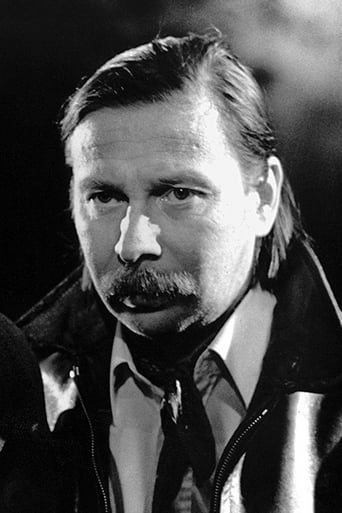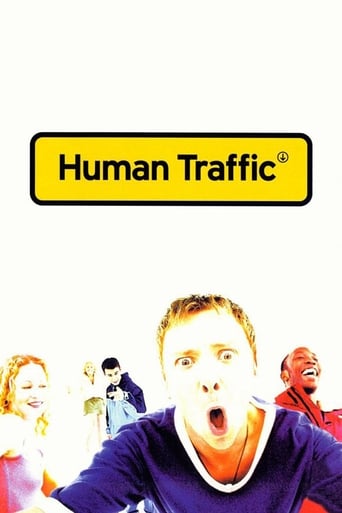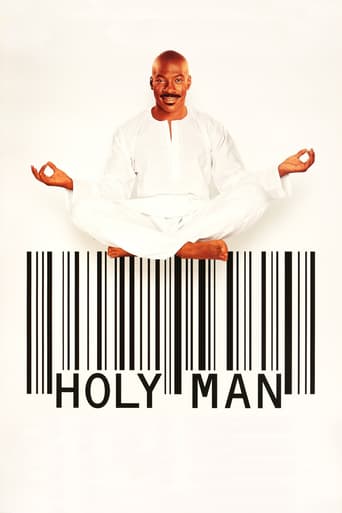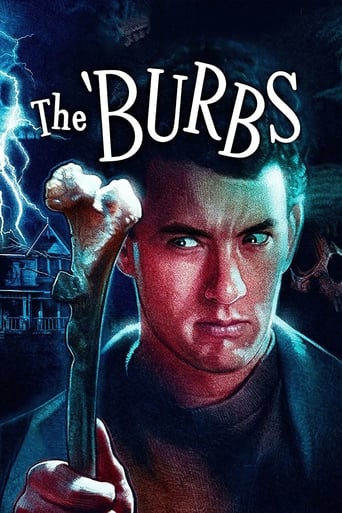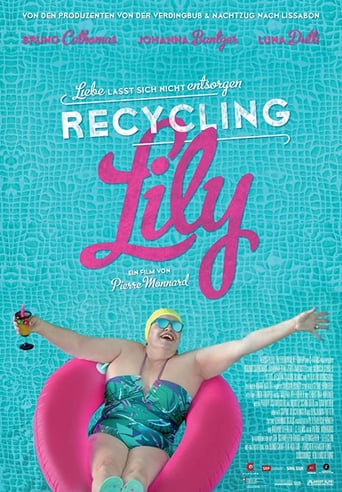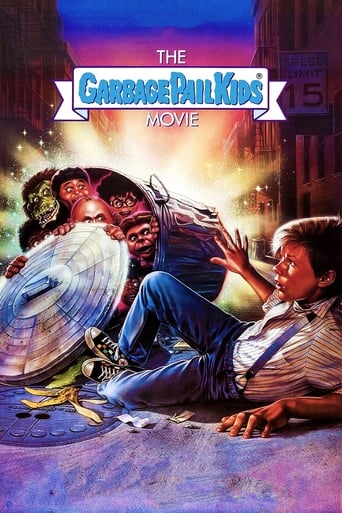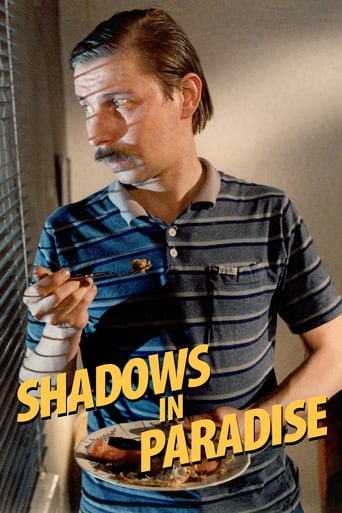
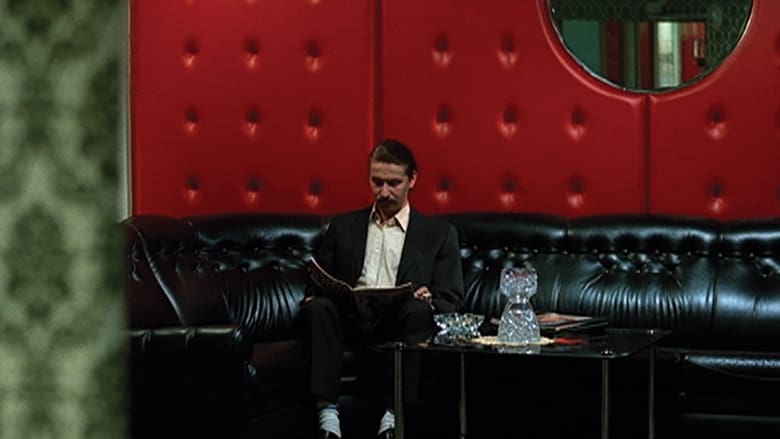
Shadows in Paradise (1986)
Nikander, a rubbish collector and would-be entrepreneur, finds his plans for success dashed when his business associate dies. One evening, he meets Ilona, a down-on-her-luck cashier, in a local supermarket. Falteringly, a bond begins to develop between them.
Watch Trailer
Cast


Similar titles
Reviews
Sadly Over-hyped
Fantastic!
best movie i've ever seen.
Actress is magnificent and exudes a hypnotic screen presence in this affecting drama.
Some random observations: 1. Kaurismaki's "paradise" is grimy city streets, garbage, landfills, jails, flophouses, shabby apartments. Two kinds of people inhabit this Eden: either the few, the snooty, the well off – or the subverbal, poorly educated quasi-lumpen stumbling about among the aforementioned sites. The settings, both exterior and interior, belong more to the England of "The L Shaped Room" or "Billy Liar" than to the Scandinavia of travel agency brochures.2. Kaurismaki delivers virtuoso satire founded upon the stereotypical shy, wordless Finn. But he offers more by pushing beyond stereotype to display a deep familiarity with the kind of people he shows on the screen. An American director similarly so in tune with his people might be Kevin Smith. A possible British counterpart? Maybe Ken Loach.3. "Shadows in Paradise" is also a testament to Kaurismaki's confidence in the cinematic medium itself, in its power to tell stories using sight and sound without principal reliance on the material of theater or literature – words. We are accustomed to the many films about how XX meets XY, where the characters express feelings, establish plot, indeed, do just about everything through words. Sometimes we even get entire orations, regardless of a film's "realistic" intent. Dialogue rules everything from the quippy screenplays of Nora Ephron or Preston Sturges to the tangly Gallic word-webs of Eric Rohmer. The similarities between Ernest Borgnine and Betsy Blair in "Marty" and Matti Pellonpaa and Kati Outinen in "Shadows in Paradise" end with "Marty's" theatrical, dialogue-soaked provenance. It would be hard to transfer this film of Kaurismaki to page or stage. The story would weaken and likely die in print or any exclusively verbal form.4. For his comedy Kaurismaki employs a delay-deadpan technique, something familiar to anyone who has seen the "punishment" sequences in Laurel and Hardy's "Tit for Tat' (1935) or who remembers the standup routines of Jackie Vernon in the 60's. Kaurismaki's comedies – and "Shadows in Paradise" is a good example – prove the technique still achieves the desired result: laughs. And like Jackie Vernon or Laurel and Hardy, Kaurismaki makes his words just another ingredient in the comedy. They are well chosen and sometimes hilarious but enjoy no special preference.5. The movie screened the other night on TCM with the host's caution that this is an unusual sort of romantic comedy – but why the caution? And why the need for any "category" in the first place? To call this a "romantic comedy" and then warn people about its "quirky" or "offbeat"nature does it a double disservice. The warning for possible category transgression either implies that the film is deficient for disregarding certain "rules", or cautions the audience that it will be disappointed, since the movie does things it probably won't accept. But comedy, like so many things in life generally, thrives on surprise. In "Shadows in Paradise", Kaurismaki presents modern, free, prosperous Finland as a bizarre and rather dismal place which he proceeds to mine for laughter and the occasional tear. Whatever a television host labels it, the movie manages to be funny, entertaining – and accessible.6. A Kaurismaki movie has a distinctive "feel", as strongly trademarked as the comedies of Lubitsch or Sennett.
I am attracted to ambitious films, ones that challenge and that have a lot of powerful layered machinery. It is how I build my life.They are work. Art is work if you intend to collect and use it as fuel. So when you refine your notions about which films are worth the effort, you implicitly also make decisions. There are the films that aren't worth the precious time you have left, of course. But along the way you also find those films and filmmakers you can relax with. Instead of putting your whole soul on the line, you can just find a groove and relax.I only knew this filmmaker from 'The Man with No Past,' and that had a little too much bitter in the bittersweet. This is apparently his first film in that form. It isn't something he invented, but because he is Finnish, it may be the most effective distillation of it.There are two characteristics. One is the very careful flattening into two cinematic worlds. One is very straightforward: things are as they seem. People are no more than what you encounter: their inner selves are worn on their faces. You see all the way to the bottom. The encounters are simple, here we have simple friendship: two guys meet in jail. They are friends before the first one even wakes up to an offered cigarette. (There is more smoking in this film than I think I have ever seen.) There is the simplest reduction of romance, or rather the cinematic romance of the date movie. This always runs the risk of being cartoonish, or cloying, or even just boring, no matter how genuine. The second world is one of cinematic dreams, of what you really dream when you awake and think it was of love. It is highly economical, and deeply symbolic. A best friend of 25 years dies suddenly, someone we have invested in, someone with plans that will have formed the basis of the movie to come, we expect. Ten seconds and he is gone. As soon as we get the minimum information, almost as sparse as a Rockwell painting, we have a shot of a black dog running away under a garbage-strewn elevated road. That also is only a few seconds, but it gives us the shadows, the dream foundation, and is so richly evocative we instantly collaborate by filling in what we know from our dreams, the fears, sadness, disorder of death.In most filmmakers, this second world is shoved in your face and delivers humor, or perhaps some delivered allegory. And that is where the power of detachment comes in. Nordic people are famously flat emotionally, but among them, Finns are extreme. And is seems that among Finns, Kaurismäki is extreme. Both of these layers are presented in an Anti-Hitchcock fashion. The camera has no identity, makes no judgement, has no dreams.Both worlds are delivered with no emotional content and an absolute minimum of structure. All you do is pour in your own, which you can do, but only because there is a shadow layer that affirms dreams. I am tempted to say that the love story is the same, folding the foreground of the garbage collector and the dreams he has as the woman he falls in love with as instantly and effortlessly as every other raindrop in this film.Ted's Evaluation -- 3 of 3: Worth watching.
Nikander is a garbage collector. He appears about 35-40 and lives alone. Ilona is a woman who keeps losing jobs. The two of them, inexplicably, start dating even though you never have an idea what motivates them or brings them together. And, once they are together, they soon part--and the Nikander sulks....I think. That's because when Nikander (and Ilona for that matter) is sad he looks and acts exactly like he does when he's happy or bored or asleep. Will these two very dull people find each other before the film ends? Will anyone care?Imagine you took the film "Marty" or "Napoleon Dynamite" and sucked every last bit of energy out of them--then you'd have "Shadows in Paradise". "Shadows in Paradise" is a completely joyless film about two lonely people, who between the two of them, don't even have half a personality. As a result, they just seem to exist--and the viewer is stuck. Stuck because you cannot really care about them and stuck because the film seems to go on and on forever--even though it's only 72 minutes long. Why would the filmmakers choose to make such a film? It lacks heart...it lacks soul. Why?! Yet, oddly, this film is part of a set from the high-brow Criterion Collection.By the way, IMDb says this is a comedy and a romance. I saw no indication of either as I watched the film. Now had they said it was a zombie film, that I could have believed.
After a stunning debut, Crime and Punishment, and a bizarre, experimental second feature, Calamari Union, Aki Kaurismäki began doing what he's best at: telling the stories of Finnish underdogs'everyday experiences. And it all started with Shadows in Paradise, the first installment of the "workers trilogy" (continued with Ariel and The Match Factory Girl), and arguably Kaurismäki's finest film (at least until he made The Man Without a Past). It also marked his first collaboration with Kati Outinen, who has become the very symbol, alongside the late Matti Pellonpää, of Kaurismäki's cinema.Fittingly, Pellonpää and Outinen are the leading couple of shadows in Paradise. He reprises the role of Nikander he previously played in Crime and Punishment, with more English lessons (which originate his best line, at the end of the film) and trouble at work: his plans to start his own business get buried with his associate (Esko Nikkari), who commits suicide five minutes into the movie. While looking for a new job, he meets Ilona (Outinen), who works as a cashier in a Helsinki supermarket. The two start hanging out, eventually forming a sweet, if platonic, bond, occasionally threatened by Nikander's apparent cynicism.The film's magic resides entirely in its minimalism: little dialogue, sober settings, raw, Finnish humor, real, likable characters and no overacting, as Kaurismäki tells his simple, universal, incredibly touching love story. Pellonpää and Outinen's understated, affecting performances complete each other, with valuable support from Sakari Kuosmanen as Melartin, Nikander's best friend, who even steals from his own daughter to finance his buddy's dates. Not that his behavior is exemplary, but it shows how much these people care for each other, and that's where Kaurismäki succeeds: he makes us emphasize with these characters despite their many flaws, and delivers an astounding, memorable picture.A true masterpiece of Finnish film-making, from the best director that country has ever spawned.


